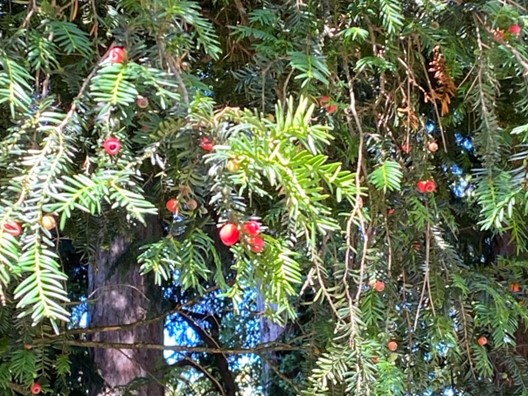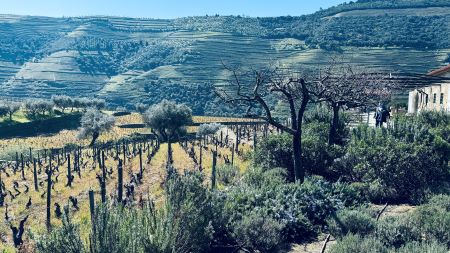by Sheila Doucet, AAWE Paris and Environment Team Co-Chair
SOME GOLDEN RULES*
*as gleaned from several urban nature walks taken during the summer of 2023 in and around Paris. This is presented here only as a general introduction to the subject.
 WHO: Know which plant species it is you see.
WHO: Know which plant species it is you see.
Which characteristics are you relying on to identify the...

 During the 2024 FAWCO Interim Meeting in Porto, Portugal, I enjoyed a tour of the Douro Valley. I learned that Portugal is the fourth largest grape-producing country in the world and the ninth largest wine producer. I was dazzled by the natural beauty and wine culture in the valley.
During the 2024 FAWCO Interim Meeting in Porto, Portugal, I enjoyed a tour of the Douro Valley. I learned that Portugal is the fourth largest grape-producing country in the world and the ninth largest wine producer. I was dazzled by the natural beauty and wine culture in the valley.